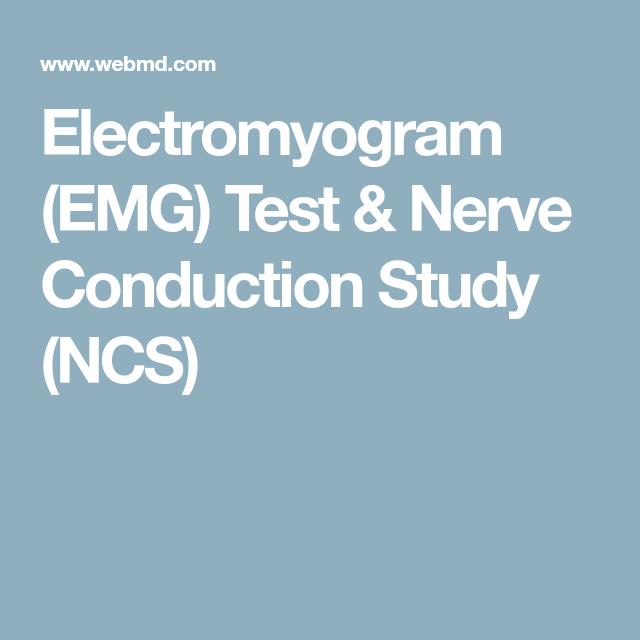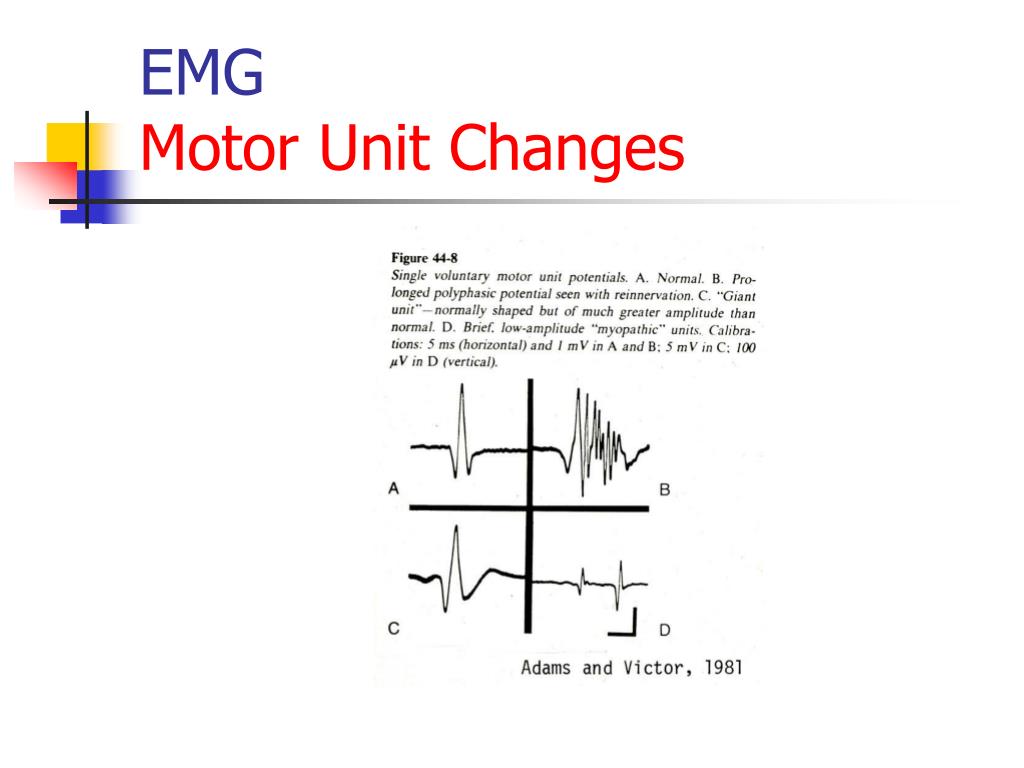
For that reason, it’s important to call us after a serious injury or when you first notice the signs of nerve damage. Repairing nerve damageĭamaged nerves can sometimes be repaired, especially if they are treated quickly after an injury.


For example, if you injured your arm or shoulder, you may have more symptoms in your arms and hands than in your feet. Nerve damage tends to be worse in the part of the body that was injured.

Nerve damage can occur after any injury, with the results often being related to the severity of the injury. Jonathan Shults at Coastal Empire Orthopedics offers this guide to help you recognize the warning signs of nerve damage and the next steps you should take. Sometimes, nerves that are only partially damaged can heal themselves. When you’re injured or have surgery, the nerves no longer get the signal from your brain to transmit sensation. The nerves that are most likely to be damaged tend to be in your arms, feet, and hands, although other parts of the body may also be affected. Nerve damage is also known as peripheral neuropathy. Nerve damage is commonly thought of as a complication of diabetes, but it can also result after an injury.


 0 kommentar(er)
0 kommentar(er)
